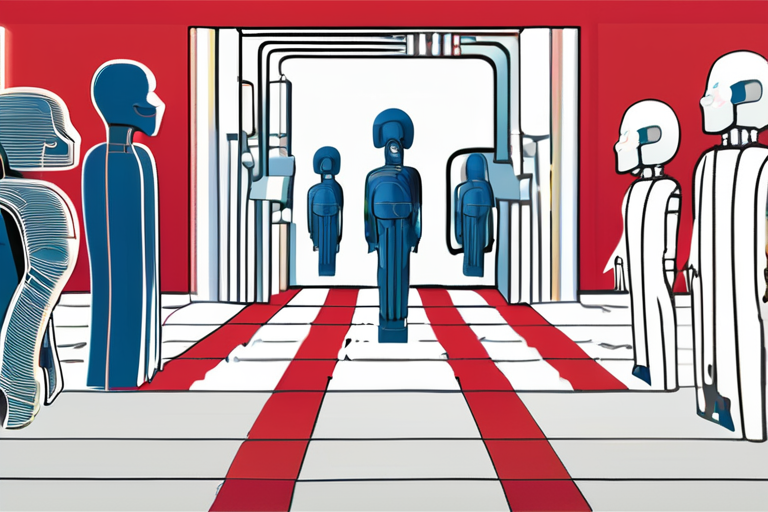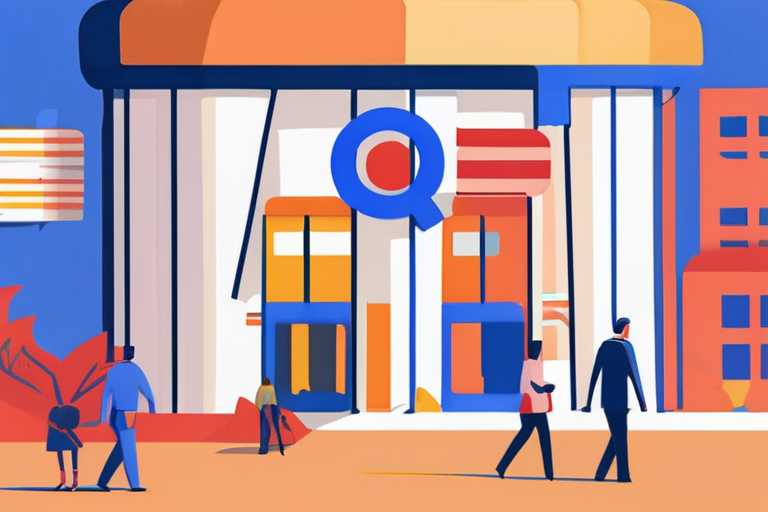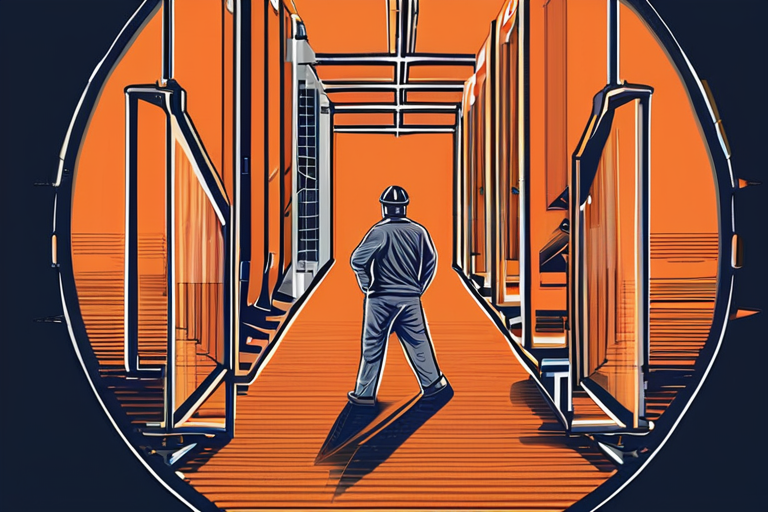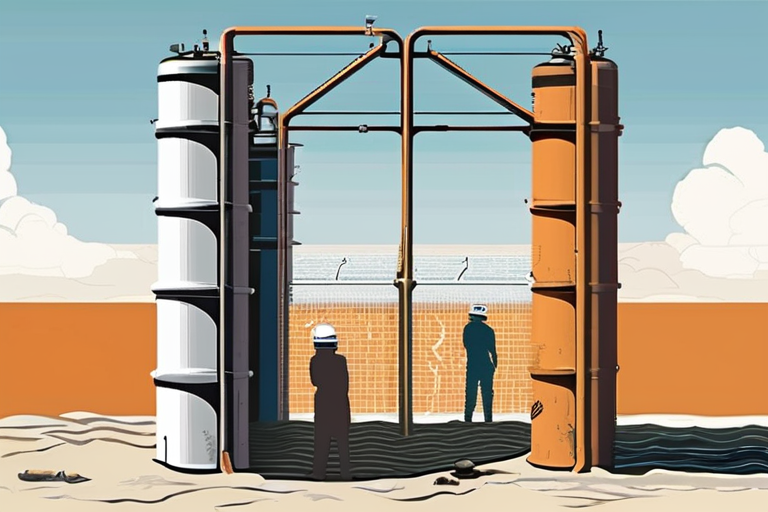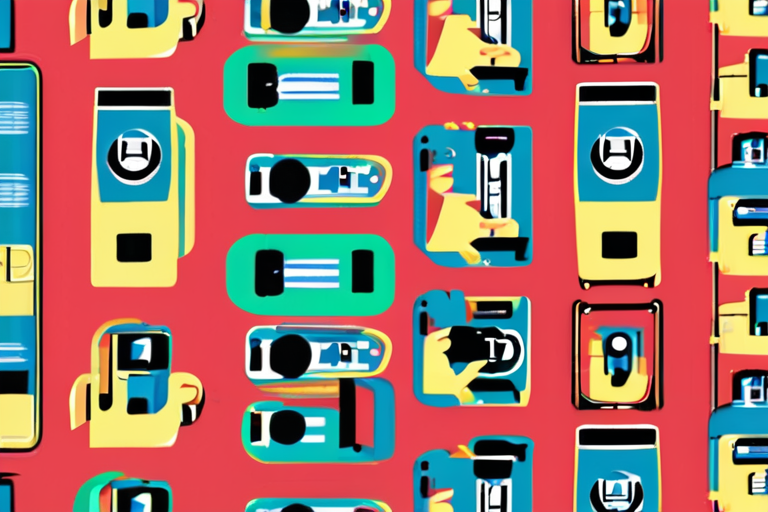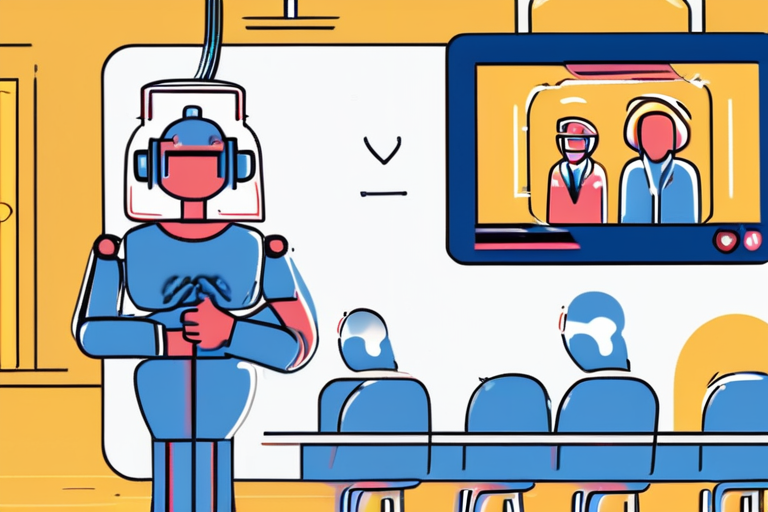Sara Hooker, the former vice president of AI research at Cohere, has co-founded a new startup, Adaption Labs, with fellow Cohere and Google veteran Sudip Roy. The company's mission is to develop thinking machines that adapt and continuously learn, a departure from the traditional approach of scaling large language models (LLMs). Hooker, a Google Brain alumna, left Cohere in August and quietly announced the startup this month to start recruiting more broadly.
Hooker's decision to bet against the scaling race is not an isolated one. A growing chorus of AI researchers has been questioning the efficiency of scaling LLMs, which has become a costly and energy-intensive endeavor. The effort to build data centers as large as Manhattan, each costing billions of dollars and consuming as much energy as a small city, has been driven by a deep belief in the idea that adding more computing power to existing AI training methods will eventually yield superintelligent systems capable of performing all kinds of tasks.
However, Hooker and other researchers argue that this approach may be reaching its limits. "I'm starting a new project, working on what I consider to be the most important problem: building thinking machines that adapt and continuously learn," Hooker said in a statement announcing the startup. "We have an incredibly talented founding team, and we're hiring for engineering and operations roles."
The idea behind Adaption Labs is to focus on developing more efficient and adaptable AI models that can learn from their environment and adapt to new situations. This approach has the potential to revolutionize the field of AI and make it more accessible to a wider range of applications. "We're not just scaling up existing models; we're trying to create a new paradigm for AI development," Roy said in an interview.
The scaling of LLMs has been a dominant trend in the AI industry in recent years, with companies like Google, Amazon, and Microsoft investing heavily in building massive data centers to support their AI research. However, the environmental impact of this effort has been significant, with some estimates suggesting that the energy consumption of AI data centers could increase by as much as 10 times by 2025.
Hooker's decision to leave Cohere and start a new company reflects a growing concern among AI researchers about the sustainability and efficiency of the current approach to AI development. "We need to rethink our approach to AI and focus on developing more efficient and adaptable models that can learn from their environment," Hooker said.
Adaption Labs is still in its early stages, but the company has already attracted significant attention from the AI research community. Hooker and Roy are now recruiting a team of engineers and operations experts to help them develop their new approach to AI. The company's long-term goals are ambitious, but the potential rewards are significant. If successful, Adaption Labs could revolutionize the field of AI and make it more accessible to a wider range of applications.
As the AI industry continues to evolve, Hooker's decision to bet against the scaling race is a reminder that there are still many unknowns in the field. While scaling LLMs has been a dominant trend in recent years, it may not be the most efficient or sustainable approach to AI development. Hooker's new startup is a bold experiment in a new direction, and its success could have significant implications for the future of AI.
